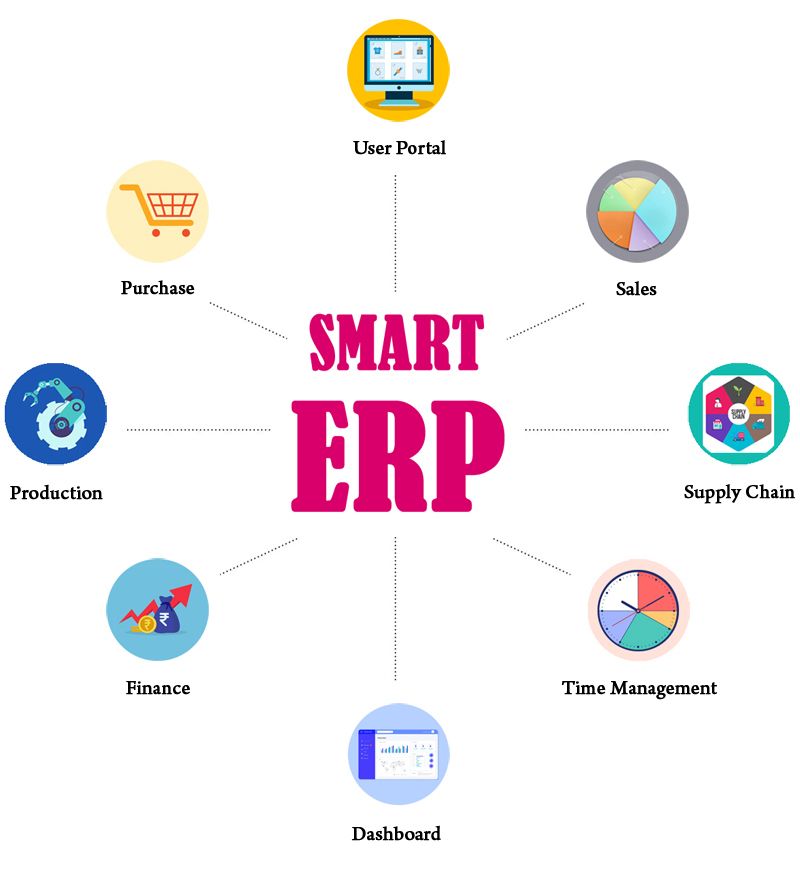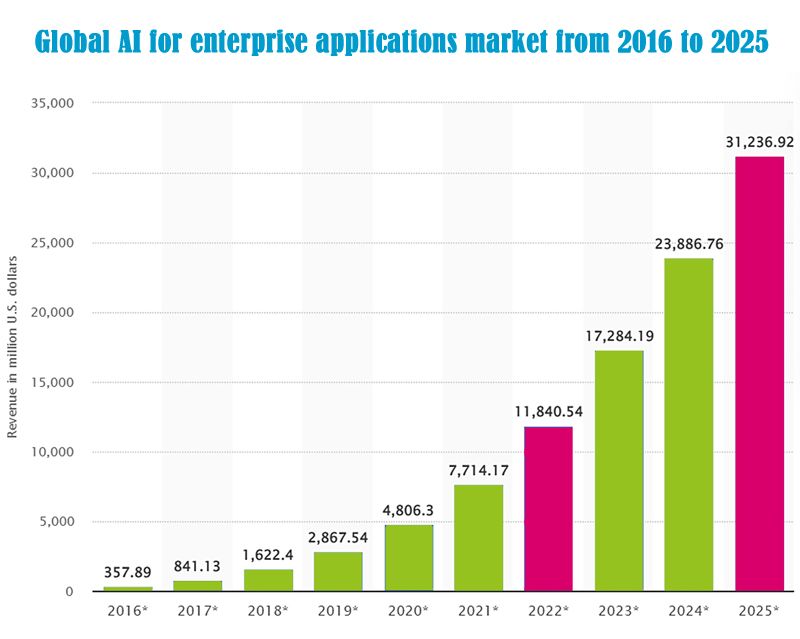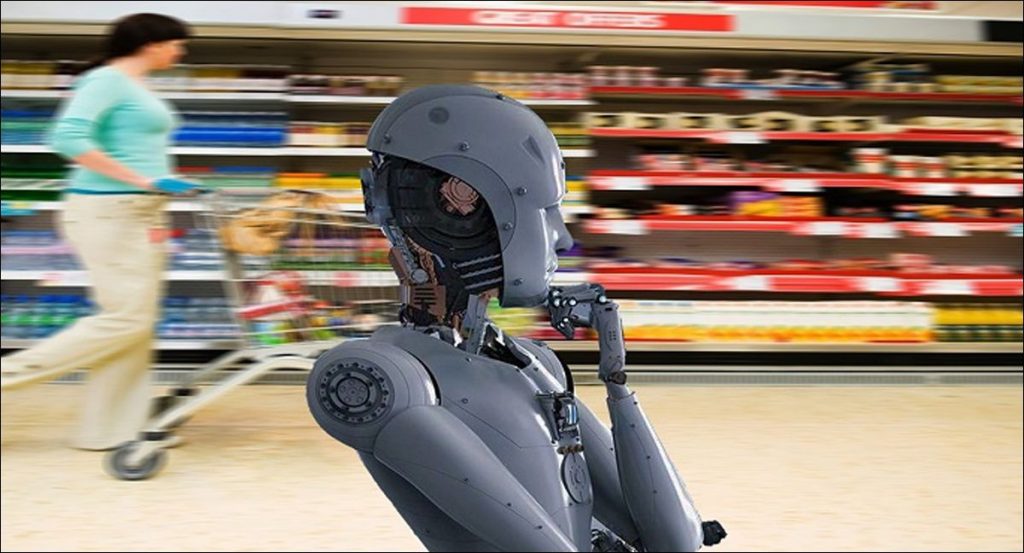Industry 4.0 and digital transformation in the services sector can only be realised through the integration of AI in ERP systems
“Those who rule data will rule the entire world…”
Words from Masayoshi Son, the acclaimed Japanese technology entrepreneur and Founder of Softbank Group need no introduction. No doubt, the current business world is ruled by data. But raw and unstructured data is of little use to any enterprise. In this perspective, the traditional Enterprise Resource Planning (ERP) system that manages daily business activities of various fields including finance, operations, sales, and human resource management is increasingly seen as less useful to handle present-day business complexities. This is primarily because of the inability to draw insightful inferences. To overcome this shortfall, ERP systems globally are getting smarter. In many cases, organizations are leveraging the power of artificial intelligence (AI).
Consulting firm Gartner says ERP systems have entered into a fourth era of development and will be characterized with AI-driven, superior data-centric, agile and customer-facing systems. Gartner predicts that 65 per cent of organizations will use smart ERP applications, which has the attributes of the fourth era, for strategic planning to predictive forecasting by 2023. Therefore, ERPs are no longer another software platform but are intuitive strategic tools for efficient business planning and forecasting.
The dawn of the digital era has come with its own set of dynamics and multiple factors which is driving the trend to adopt AI within ERP solutions. Consumers are purchasing products from ecommerce platforms logging into various app-based platforms for education, entertainment, and healthcare needs. In an app-heavy environment, where consumers are accessing all digital platforms through mobile phones, businesses need to be agile to understand spending behavior for innovating new products and services. Moreover, the attention span of consumers is dropping due to multiple choices. In this intensively competitive business environment, businesses have to be fast enough to attract the new-age consumer. Smart and agile ERP systems will hence enable organizations to stay in sync with evolving customer needs.

The journey of a smart and Agile ERP has already begun and there are use cases of such systems powered through effective use of AI. The most familiar application of smart ERP is available in customer service functions. ERP systems integrated with AI-powered chatbots answer customers’ queries seamlessly. Such chatbots are smart enough to gauge a customer’s requirement through his queries and guide it to the most relevant products or services. Thus, it saves costs for enterprises alongside freeing up human resources for other critical jobs.
AI-powered ERP is enabling the handling of entire supply chain management seamlessly with accurate forecasting. AI models analyses historical data collected through ERP systems, gauges the current conditions, and provides accurate predictions on demand. It, thus, helps raw material supply and management and avoids under or overproduction. Many manufacturing giants are using AI algorithms to track an item from the manufacturing stage until the moment it is sold. ERP systems usage in the sales space is also evolving. With the use of AI, a more granular analysis of sales can now be done for better forecasts. It, in turn, translates into better sales targets and improve employee performance.
Accurate sales forecast leads to better marketing strategies for richer customer experiences. Marketing tools are leveraging the volumes of data generated from AI-powered ERP systems to make tailor-made marketing messages. Customer insights from social media, customer service interactions, and product quality systems also help in redesigning the narrative in case the initial messaging doesn’t find many takers.
At a time when the demand for good talent is at all-time high, ERP systems are leveraging AI to provide insightful inferences about employee behavior. These insights not only help improve employee productivity but also able to take remedial measures to reduce discontent. Moreover, many HR functions are automated through smart ERP systems. Finance and accounting are other major areas wherein intelligent ERP system is making deep changes. From automating repetitive accounting functions, improvement in transaction processing time, to verification of financial statements, AI is also enabling organization to flag up anomalies in financial transactions before these lead to bigger issues.

Industry 4.0 and digital transformation in the services sector can only be realized through the integration of AI in ERP systems. The role of central data collection through ERPs will slowly give way to customer-facing interactions through intelligent inferences. With rising applications, PwC’s Global CEO Survey finds out that 85 per cent of the CEOs are convinced that AI integrated ERP will have a significant impact on companies and their business models over the next five years. As digitalization grows among organizations, this transformation is already underway.
Raj Darji is Founder and CEO with Aarav Solutions. Image attributed to Sify Archives – a representative image for Sify Finance Bureau.
In case you missed:
- None Found










